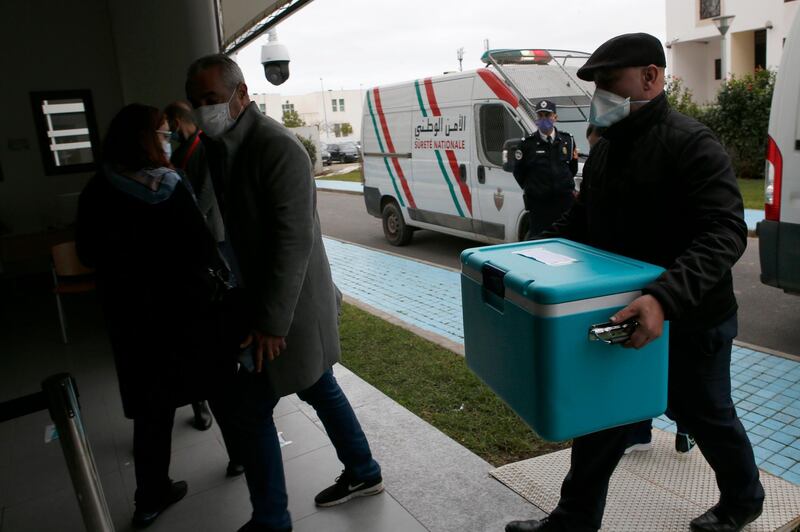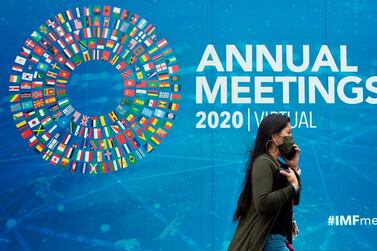Moody’s revised Morocco’s outlook from "stable" to "negative" owing to its "subpar" recovery prospects.
The kingdom is set to face headwinds from its “concentrated exposure” to sectors and trading partners hit hard by the coronavirus pandemic, the ratings agency said on Friday.
According to an International Monetary Fund report published this month, Morocco is expected to record an economic contraction of 7 per cent for 2020 while its fiscal deficit is expected to hit 7.75 per cent.
The country’s economy is projected to grow by 4.7 per cent this year as it recovers lost ground.
Moody’s expects the government’s debt to hit 76 per cent of gross domestic product, up from 65 per cent in 2019. The ratio is expected to stabilise below 80 per cent over the next three years.
The credit rating agency also forecast a gradual reduction in Morocco’s fiscal deficit to 6.5 per cent of GDP this year and 4.5 per cent in 2022 on the back of a modest recovery in revenue.
The pandemic and an ongoing drought that hit the farming industry mounted pressure on the North African country's economy last year.
Authorities responded with measures to contain the economic and social blow of the health crisis as they improved the level of social assistance last year.
Moody’s left Morocco’s credit profile at "Ba1", which it said balances diminished economic and fiscal strength with moderate event risk exposure driven by risks in the banking sector.
It paid tribute to the country's “coherent macro policies and fiscal reform implementation over recent years”, including the elimination of fuel subsidies and the introduction of parametric public pension reform.
The rating was also backed by the government's health and social reforms and its “institutional capacity” to support state-owned entities.
Morocco’s credit profile was also supported by its large funding base in local currency and its continued access to domestic and external sources of funding at favourable terms.








